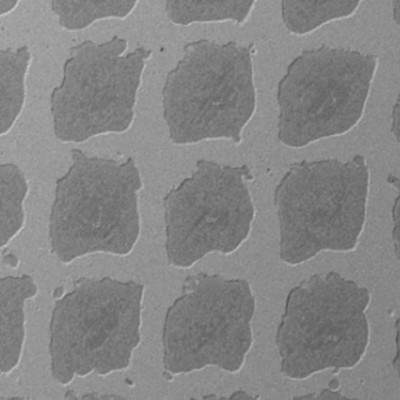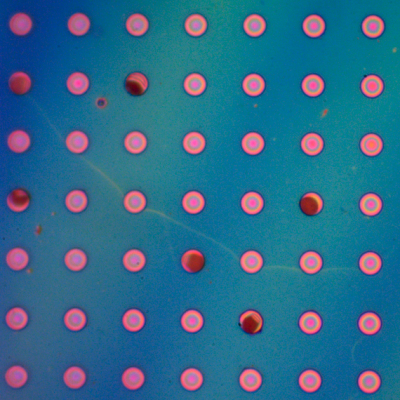Highways England has become the latest company to partner with the Graphene Engineering Innovation Centre (GEIC). This new collaboration will look to address some of the many challenges experienced by the road network in England, such as the deterioration of road and pavement surfaces.
Highways England is responsible for the motorways and major A roads in the country, which carry four million journeys over four thousand, three hundred miles of the road network; safely and reliably every single day. The government company is continually seeking to improve the experience of those who use and operate the network. Adding graphene into maintenance and renewals operations has the potential to extend asset life and make the network perform at an industry changing level. Improving the experience of those using the roads, reducing road worker exposure and making journeys more reliable.
This partnership is looking to explore the operational and road user benefit of incorporating graphene into assets such as road surfacing and road markings as well as help to drive the development of a low carbon and digital road network. The potential improvements could result in stronger, long lasting materials reducing roadworks and improving road user journeys.
Isolated at The University of Manchester in 2004 by Professor Sir Andre Geim and Professor Sir Kostya Novoselov, graphene is the world’s first two-dimensional material, many more times stronger than steel, more conductive than copper and one million times thinner than a human hair.
James Baker, CEO Graphene at Manchester said: “This latest partnership is a brilliant example of how graphene can be used to tackle problems faced by most people every day. “This is further enabled by the facilities and capabilities we can provide to our industry partners, that accelerates the many small improvements that ultimately create an optimized product.”
Paul Doney, Innovation Director at Highways England said: “We are really excited about the opportunity to explore leading edge materials and what this might lead to for our road network. GEIC is at the forefront, having made the discovery here in Manchester, and by building a collaboration with our operations teams who understand the challenges, we are looking to deliver improved safety and performance of our roads.”
The Graphene Engineering Innovation Centre (GEIC) specializes in the rapid development and scale-up of graphene and other 2D materials applications. The GEIC is an industry-led innovation center, designed to work in collaboration with industry partners to create, test and optimize new concepts for delivery to market, along with the processes required for scale-up and supply chain integration.
The two-tier membership model allows the flexibility for industry partners to work on short feasibility projects, through to a long-term strategic partnership with multiple projects in different application areas.
Read the original article on The University of Manchester.







